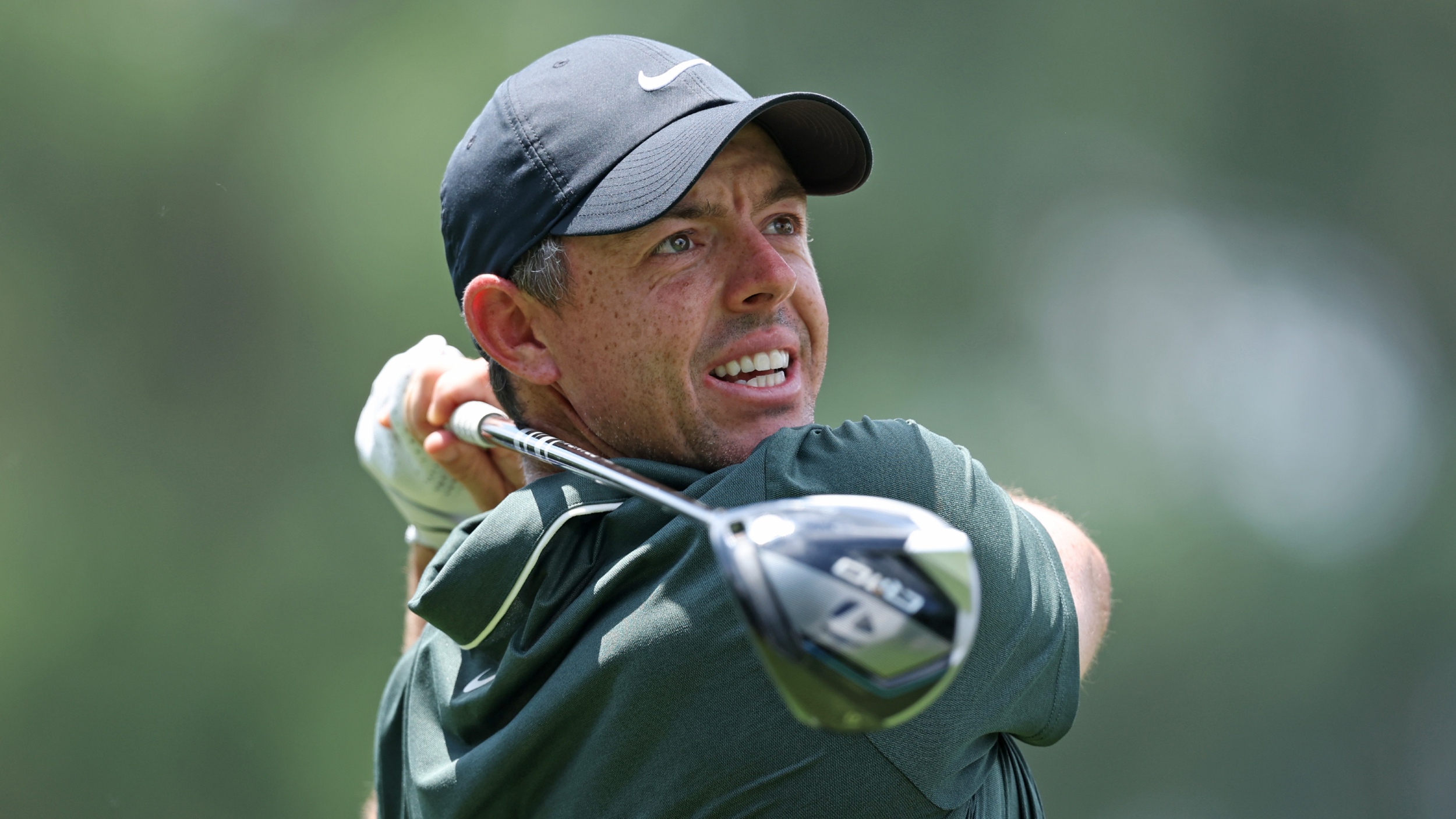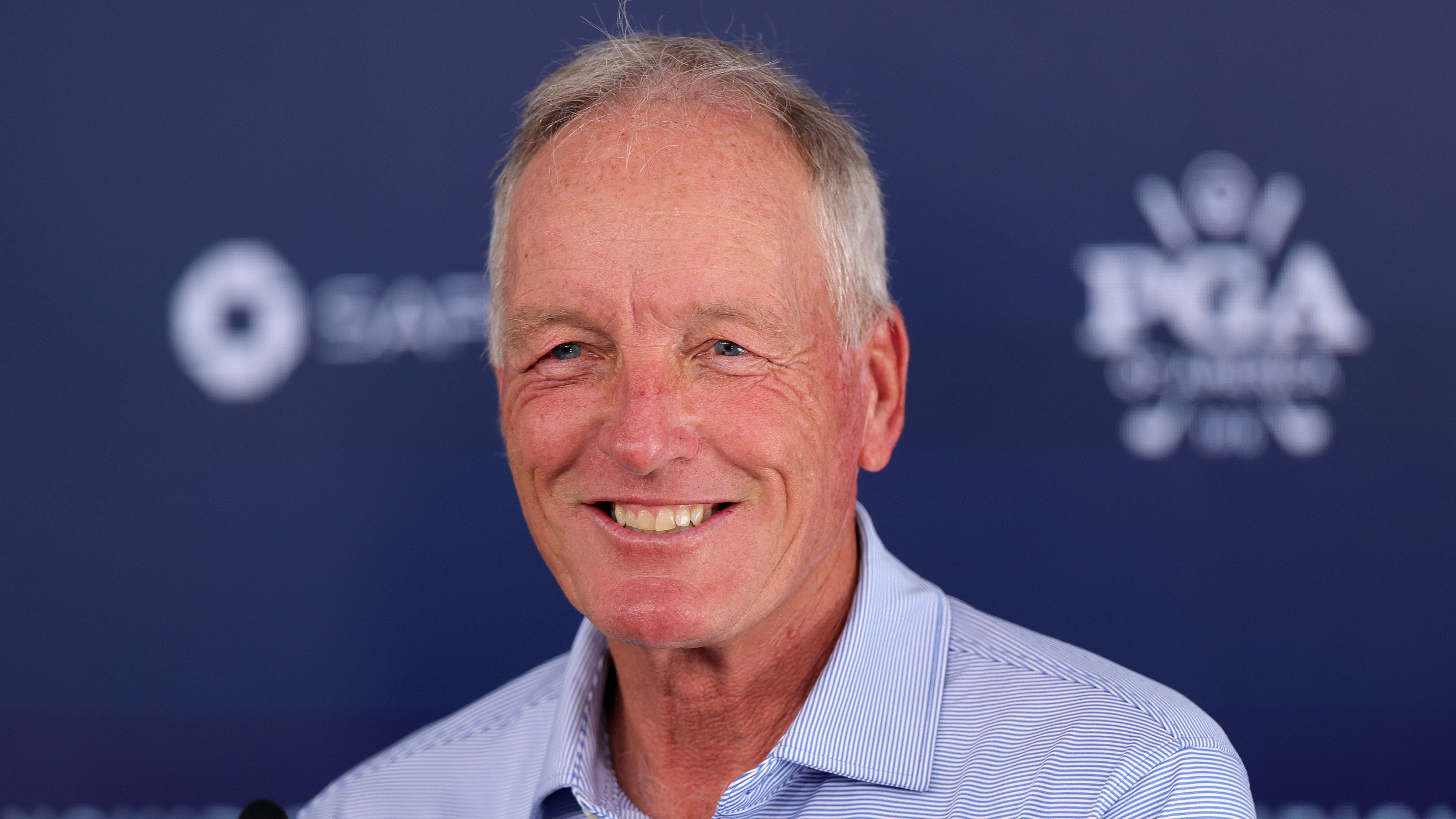
The PGA of America has relased a statement clafiying that the USGA tested some players' drivers before the PGA Championship in light of a report that Rory McIlroy's driver was non-conforming.
During Friday's second, it was reported that McIlroy had needed to change his driver before the tournament. Certainly, McIlroy’s driving wasn’t as consistent as we had become accustomed to during the opening 36 holes of the Quail Hollow Major.
According to @SiriusXMPGATOUR's Jason Sobel, McIlroy’s TaylorMade Qi10 driver was deemed non-conforming on Tuesday, and after Thursday’s opening round, he’d hit just four of 14 fairways, while he ranked 85th in terms of Strokes Gained: Off The Tee and 41st in Driving Distance, before a marginal improvement on Friday that allowed him to make the cut on the number.
As just reported by our team on @SiriusXMPGATOUR:Rory McIlroy’s “gamer” driver was deemed non-conforming by the USGA on Tuesday. He switched drivers prior to yesterday’s opening round.May 16, 2025
Now, the PGA of America has confirmed that it requested club testing be carried out by the USGA before the tournament, but that there was nothing out of the ordinary about the decision.
The statement from the PGA of America's Chief Championship Officer Kerry Haigh began: "We can confirm that the USGA was invited to do club testing at the PGA Championship, at the PGA of America’s request. That testing program is consistent with the same level of support that the USGA provides to the PGA Tour and other championships, as part of their regular programs for driver testing.”
The statement then explained more about the process involved, adding: “The standard process is for about a third of the field to be randomly tested under the program. That was the case at Quail Hollow this week.”

Following the news about McIlroy’s driver, some reports claimed the club failed a CT (characteristic time) test, whereby it measures the spring-like effect of a club face. The PGA of America statement went on to explain that driver heads that have become non-conforming are not unusual, while players aren’t at fault when it happens.
It continued: “Finding driver heads that have crept over the line of conformance is not an unusual occurrence, especially for clubs that are hit thousands of times over a long period of time. The results are kept confidential to protect players, who are unaware the club has fallen out of conformance and not responsible for it falling out of conformance other than hitting the club thousands of times."
It appears that it’s not just McIlroy’s driver that had strayed into non-conforming territory, with Kira K Dixon explaining on Sky Sports in the UK that 10 players were found to have non-conforming drivers.
The statement then concluded by explaining how players were able to rectify the issue, while reaffirming that there was no suggestion of player intent, adding: “Players are simply asked to change heads if necessary, and all do without issue. To publicly identify players whose club did not conform can lead to that player being questioned unnecessarily. Neither the USGA nor the PGA of America have any concerns about player intent."
PGA Of America Statement On Driver Testing
"We can confirm that the USGA was invited to do club testing at the PGA Championship, at the PGA of America’s request. That testing program is consistent with the same level of support that the USGA provides to the PGA Tour and other championships, as part of their regular programs for driver testing. The standard process is for about a third of the field to be randomly tested under the program. That was the case at Quail Hollow this week. Finding driver heads that have crept over the line of conformance is not an unusual occurrence, especially for clubs that are hit thousands of times over a long period of time. The results are kept confidential to protect players, who are unaware the club has fallen out of conformance and not responsible for it falling out of conformance other than hitting the club thousands of times. Players are simply asked to change heads if necessary, and all do without issue. To publicly identify players whose club did not conform can lead to that player being questioned unnecessarily. Neither the USGA nor the PGA of America have any concerns about player intent."
Kerry Haigh, Chief Championships Officer, PGA of America







